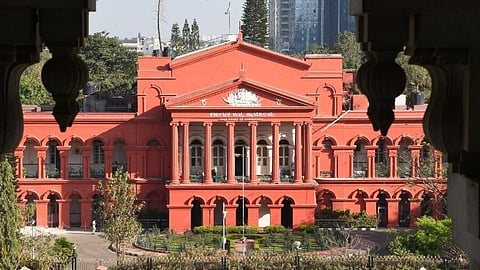Karnataka HC rejects plea against Siddaramaiah’s election from Varuna
BENGALURU: Stating that there is no averment in the petition as to how the ‘five guarantees’ have materially affected the result of the election, the Karnataka High Court on Tuesday rejected the petition filed by a voter of Varuna assembly constituency, questioning Chief Minister Siddaramaiah’s election as MLA in 2023.
“If the assertion of ‘guarantees’ was grounds to set aside the election, the question of invoking the same to declare an election to be void would require an act by the returned candidate.
Admittedly, the ‘guarantees’ flow from a promise made in the manifesto of the party, and cannot be attributed to the candidate, and accordingly, the question of invoking Section 100(1)(d)(iv) of the RP Act in the present case does not arise, to declare the candidate is not qualified to be chosen from Varuna assembly constituency,” said Justice S Sunil Dutt Yadav, rejecting the election petition.
“The plaint is liable to be rejected both on the ground of ‘want of cause of action’ as well as being barred by law,” the court said, allowing an interlocutory application filed by Siddaramaiah against the petition.
The petitioner, K Shankara from Koodanahalli in Mysuru district, questioned the election of Siddaramaiah as MLA, mainly on the grounds that the five guarantees are construed as corrupt practices amounting to bribery and undue influence in terms of Section 123(2) of the Representation of the People (RP) Act.
The court noted that the ‘guarantees’, which are promises of freebies, cannot be considered to constitute a corrupt practice under Section 123 of the RP Act in the light of the law laid down by the apex court in the S Subramaniam Balaji case.
Even the petitioner’s contention that Siddaramaiah had affixed his signature to the handout and thus adopted the manifesto as his own, is required to be rejected as the handout is an appeal by the party to vote for its candidate. The affixing of signature on the handout is “only in the capacity of a CLP (Congress Legislative Party) leader and not more”, the court said.

